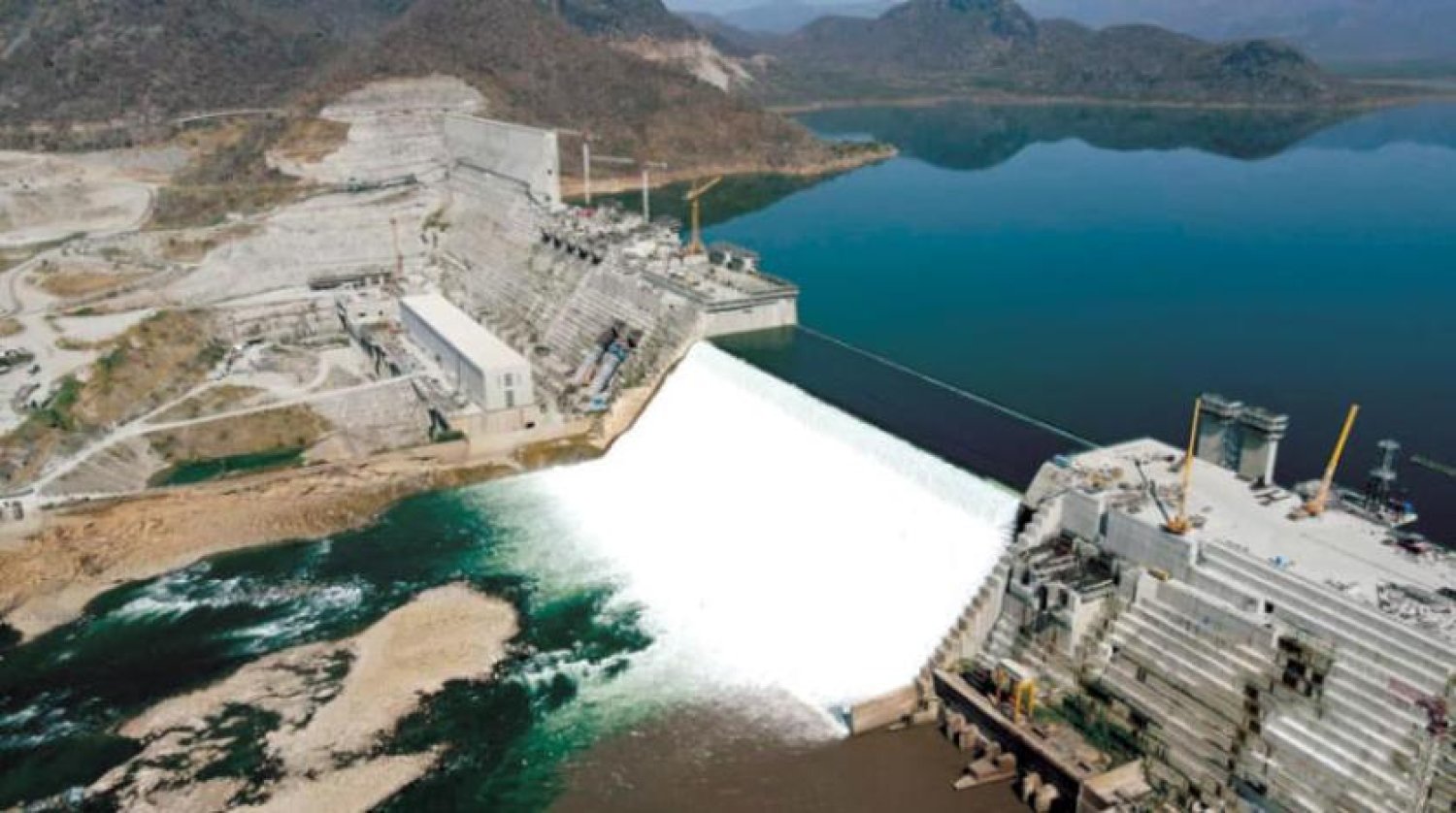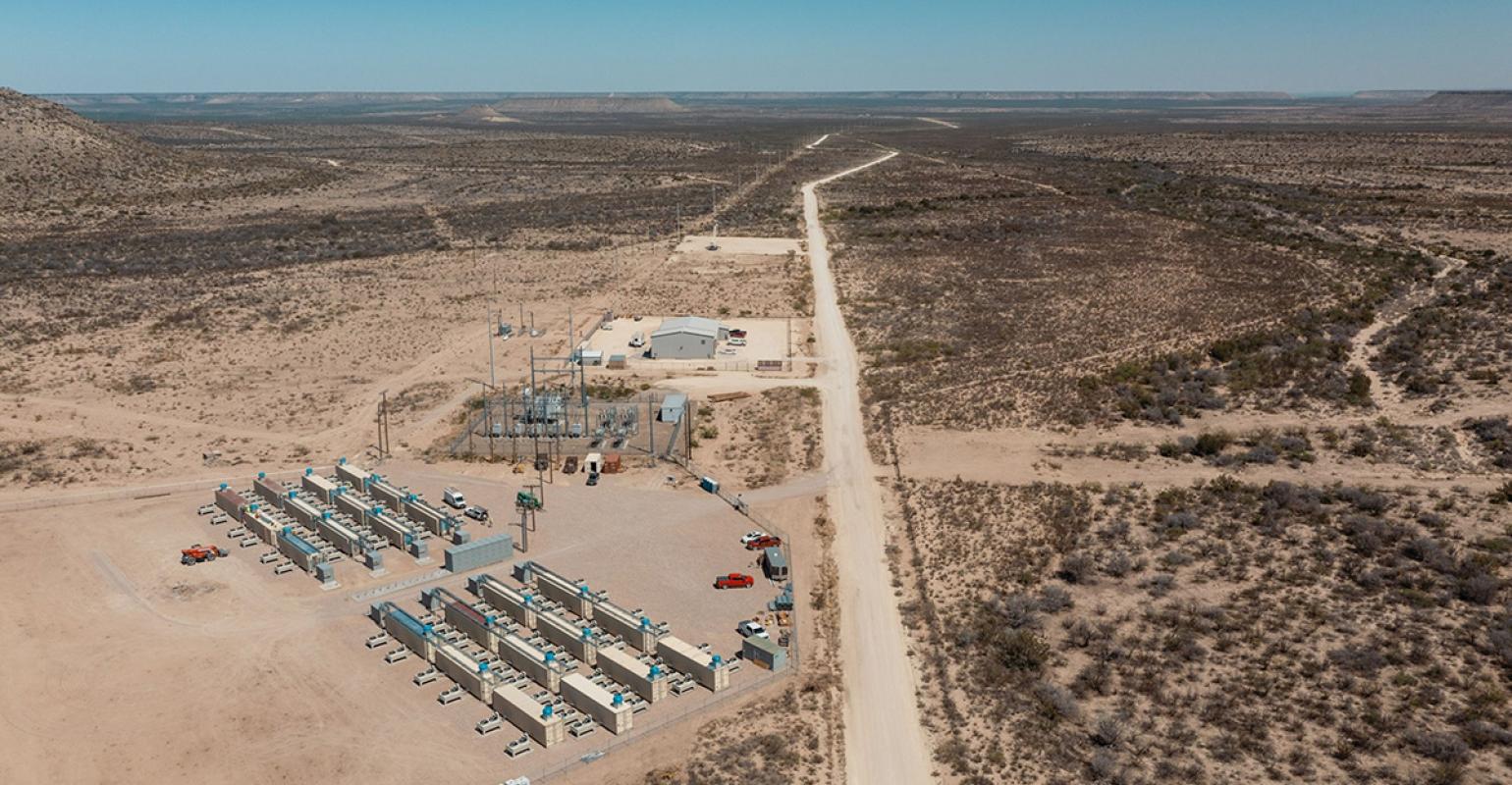Last spring, near the electricity transformer stations linked to the newly built Great Etiyopia Renaissance Dam, Africa’s largest, cargo containers began to appear. They contain powerful, energy-consuming computers. There’s no need to ask what for. Because Bitcoin mining is taking place. Etiyopia has already become a significant Bitcoin mining center. Let’s look at the details.
Chinese Bitcoin Miners Settle in Etiyopia
Chinese Bitcoin miners, who have been hopping from country to country in search of cheap energy and friendly regulations since being expelled by Beijing two years ago, are said to have made Etiyopia their home.
Facing political and economic hurdles, miners were attracted by some of the world’s lowest electricity costs and an increasingly friendly government. Although cryptocurrency trading is still banned, Etiyopia has allowed Bitcoin mining since 2022, strengthened ties with China over the last decade, and several Chinese companies helped build the $4.8 billion dam that miners plan to draw their power from.

As climate change and energy scarcity have fueled a backlash against the $16 billion per year Bitcoin mining industry elsewhere, Etiyopia has emerged as a rare opportunity for all original crypto mining companies. However, Chinese firms, once dominant in Bitcoin mining but now struggling to compete with local rivals in Texas, the current center, find the country particularly appealing.
Risks and Rewards of Bitcoin Mining in Etiyopia
Bitcoin mining is a risky field for both companies and Etiyopia. Developing countries like Kazakhstan and Iran initially embraced Bitcoin mining, but when energy use threatened to fuel local discontent, the sector faced backlash. China’s reign as the hub of Bitcoin mining abruptly ended in 2021 when the government banned BTC mining. Dozens of companies had to leave the country.
Hashlabs Mining’s CEO Jaran Mellerud comments on the issue:
“Firstly, the existing electricity in countries can be depleted, and there may be no room for miners to expand. Secondly, miners may suddenly no longer be welcomed by the government and could be forced to pack up and leave.”
According to industry executives who spoke on condition of anonymity to avoid jeopardizing government relations, Etiyopian officials are cautious about the controversies accompanying Bitcoin mining. Even after new production capacity comes online, nearly half of the population living without access to electricity makes mining a sensitive issue.
Chinese Dominance and Future Expectations
According to estimates by mining services provider Luxor Technology, Etiyopia has already become one of the countries with the most Bitcoin mining machines. Ethan Vera, Chief Operations Officer, said that Luxor made its first major deals to send equipment there in September.

The state energy monopoly says it has made power supply agreements with 21 Bitcoin miners, all but two of which are Chinese.
Nuo Xu, founder of the China Digital Mining Association, which organizes fairs and facilitates the trade of mining machines, says, “Etiyopia will become one of the most popular destinations for Chinese miners. A trip to Etiyopia is being organized for a group of Chinese mining executives to visit potential sites.”
Overcoming Challenges for Sustainable Growth
The willingness of Bitcoin miners to ship millions of dollars worth of equipment to a country that emerged from a civil war in the north just two years ago is a testament to the difficult political and economic environment they are in.
Companies play a significant role in protecting the Bitcoin network by using powerful computers, or “rigs” in industry language, to solve mathematical puzzles and verify encrypted transactions on the Blockchain. In return, they receive rewards in the form of Bitcoin released by the network.
In conclusion, Etiyopia’s journey into the world of Bitcoin mining represents a convergence of economic opportunity and geopolitical strategy. Led by Chinese miners, the country stands on the brink of becoming a significant player in the global Bitcoin ecosystem. As Etiyopia navigates the challenges of sustainable growth and regulatory oversight, it offers a provocative perspective on the future of cryptocurrency mining in Africa.

 Türkçe
Türkçe Español
Español









